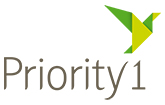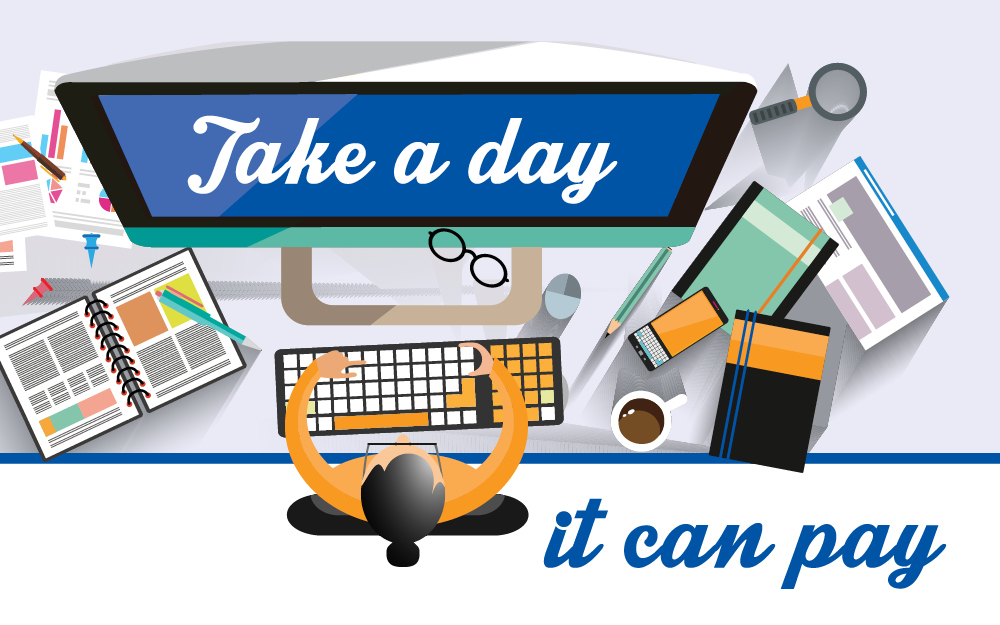While it might not be the most exciting day you will ever spend — unless the thought of saving a significant amount of money excites you, it will be worth your while.
It should be a weekday so you have scope to call banks, credit card issuers, health insurers, and other financial service providers who are easier to contact during office hours. And you will also need all your tools — financial records, current tax return, mortgage, credit card and bank statements — close at hand. Internet access is also important as there are many things you can do online.
Hitting the target
So, what are your objectives? Well, there are two sides to this coin. The first objective is to put more $$ in your pocket by saving a little more and spending a little less of your income, without making your life a penny-pinching misery in the process. The second is to discover some cheaper ways, if they exist, to pay for some of life’s essentials.
Start at the beginning by reviewing your monthly budget — or constructing one, if necessary — so you can pinpoint the big expenses before trying to pare them back. Take your power bills, for example. Some power companies will not only reward you with a discount for combining your gas and electricity, they will also allow you to pay them with a pre-set monthly direct debit, avoiding the shock of that big quarterly hit and smoothing your cash flow.
Monthly payments or saving targets can be an excellent budgeting tactic. In fact, you can even create your own monthly debit system for major expenses such as school fees, annual holidays and Christmas by estimating the cost and transferring monthly instalments to a separate savings account. Your bank can probably make the transfers for you automatically.
If you can manage it painlessly by cutting one or two unnecessary expenses, one good outcome of a budget review would be to save an extra 1 per cent of your salary — just $1 out of every $100 you earn — for a major objective like an overseas trip, new carpets or as a reserve fund. The best budgets can be wrecked by unexpected emergencies, whether it is a burst water heater or an unexpected mortgage rise.
Smart moves
Once you have your budget review completed and have set up new direct debits and/or opened one or two new dedicated savings accounts, you should still have a few hours of your Financial Health Day left to look for some significant savings on financial services.
Credit cards are a black hole in many budgets. Could you save by switching to a cheaper card? Are you paying off your card within the interest-free period? What about rewards programs — if you are paying for them, are you using them? Some supermarket reward programs now offer a “double reward” so it may pay to investigate your options. You can compare cards online at several sites such as www.creditcards.com.i And if you do decide to change card companies, you might find one that will give you an interest rate holiday for the first 3–6 months as a reward for switching.
Your private health insurance plan is also worth reviewing because your family circumstances might have changed since you took out the plan, or the market may have newer, more flexible options. A Choice Magazine report on 40 private health funds may be a good starting point if you are looking for better value, since they reported cost differences of up to $800 a year or more. (See www.choice.com.au or www.privatehealth.gov.au)
Planning ahead
And finally, if you haven’t had an annual check-up, make time before the end of the day to contact your adviser and arrange to review your superannuation and investments, to ensure your financial planning strategy is still on track.
All done? Congratulations on a good day’s work!

